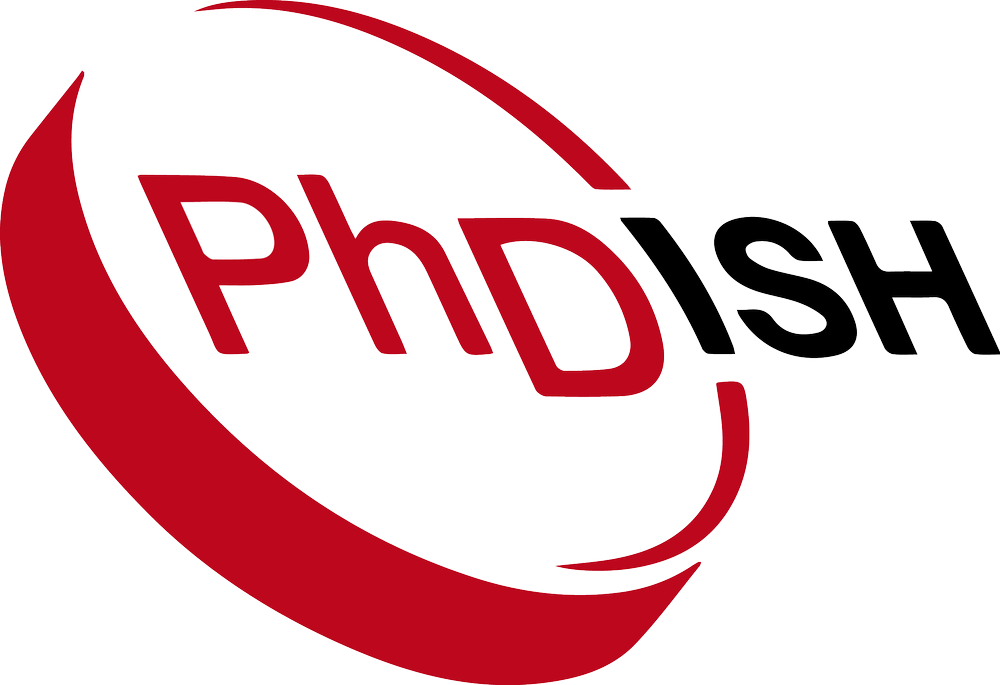Dancing llamas. ‘Edgy’ humor. Endless Doja Cat remixes. Seamless transitions. Talking dogs. These are just a few of the video categories one might see while scrolling through their TikTok ‘For You’ page. In case you haven’t heard, TikTok, a social media platform allowing users to post video content ranging anywhere from 15 seconds to 3 minutes, has quickly risen to dominate a large proportion of Americans’ screentime, especially younger generations.
The popularity of TikTok soared following widespread quarantine and isolation periods in the early stages of the coronavirus pandemic, when most Americans, myself included, were forced to put their busy lifestyles on pause. One day during my pandemic-driven boredom, I scrolled onto a ‘Put a Finger Down’ challenge video on TikTok. Although what’s popular on TikTok ebbs and flows daily, at At the time, this was a trend popular on TikTok, where users would start by holding up their hands and then proceed to put a finger down for each trait they related to in the accompanying audio. I was about to scroll away before actually hearing the traits being listed off in this particular video. “Put a finger down if you have more than four tabs open on your laptop at any time”. “Put a finger down if you get attached to random objects in your house.” “Put a finger down if you mess with your hair when you’re concentrating.” A colorful text overlay read “put a finger down – adhd edition”.
I’m not the only one that has stumbled onto videos similar to this one. Videos with the hashtags #mentalhealth, #anxiety, and #adhd have accumulated more than 20 billion views in total [1]. They include candid accounts from individuals experiencing and living with mental health conditions speaking about their personal experiences, as well as informational videos from potentially trained mental health professionals. In a time where mental health is challenged by an ongoing pandemic, increased racial and political tension, and an increased pressure to keep up with ever-changing societal ideals, spreading information about mental health issues in an informal and approachable way is key. TikTok videos have increased visibility for the mental health community and spread awareness about serious conditions. Additionally, the platform has supported the de-stigmatization of therapy and other mental health resources, broadly reflected in the younger ‘Gen-Z’ generation. These younger Americans are most likely to feel comfortable openly speaking about seeking therapy, with a 2019 study finding that 37% of those surveyed reporting that they had sought out treatment or therapy from a mental health professional (according to the American Psychological Association [2]). The app helps young people struggling with mental illnesses find community and validation, especially when it’s taboo to speak about mental health in their offline communities.
However, as with any resource with minimal oversight such as social media, there can be hidden dangers. For example, there are no policies in place to ‘fact check’ those claiming to be mental health professionals on TikTok, leading to the possibility of people posing as therapists or mental health professionals despite not having the required training. This could result in misinformation being portrayed as medical advice or a diagnosis. In fact, therapists and mental health professionals have seen a rise in teens self-diagnosing mental illnesses or cognitive disorders such as ADHD, OCD, DID, autism, and Tourettes [3].
In addition, the algorithms determining what content users see on their ‘For You’ pages tend to present streams of very similar information, leading to an over-exposure to videos framing vague traits such as having a messy room as symptoms of specific mental illnesses or disorders. In reality, diagnoses often take into account several nuanced factors unique to each patient’s specific case.
TikTok and other short-form social media platforms are designed to be irresistible, so what can people do to mindfully interact with mental health content? A good rule of thumb is to remember that anyone can pose as a professional on these apps, and it’s good to be cynical about content you see or even to carry out your own background checks before taking any advice. If TikTok’s mental health content is making you ask questions about your own experience, a good option is to follow up with your doctor or even a mental health professional, or chat with a trusted friend about the situation to get an outside perspective. If talking to someone seems daunting or uncomfortable, there are also official resources available online. For example, look for websites with a .gov, .edu, or .org domain that can offer starting information or answer broad and general questions.
We’re living in a golden age for mental health awareness, and it’s exciting that resources are available through more mediums than ever before. However, with this new abundance of information, it’s important, especially for those in younger generations, to consider source reliability and consume content in a healthy way. Overall, the trajectory of mental health awareness is promising – I’m confident future generations will be even more open to dialogue surrounding mental illness and support will be increasingly accessible to all.
Edited by Yasmeen Saad





